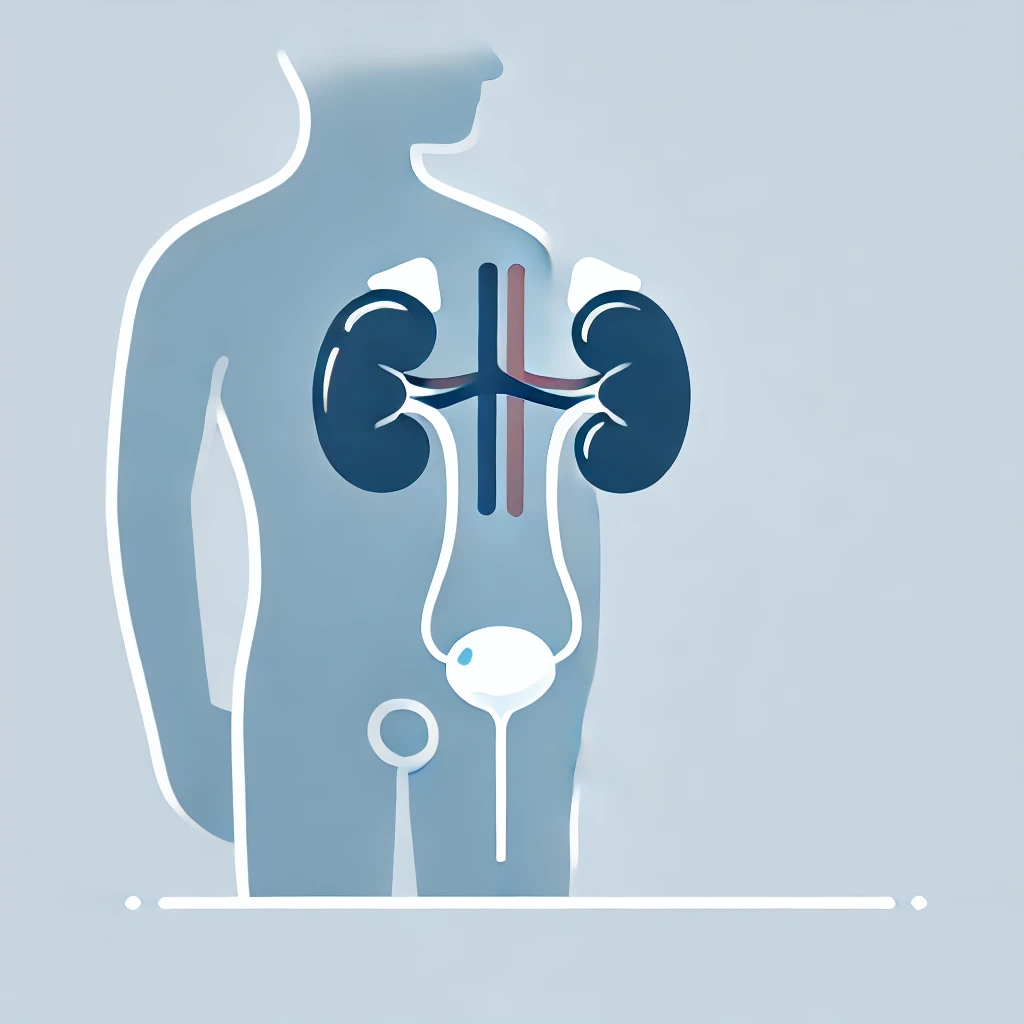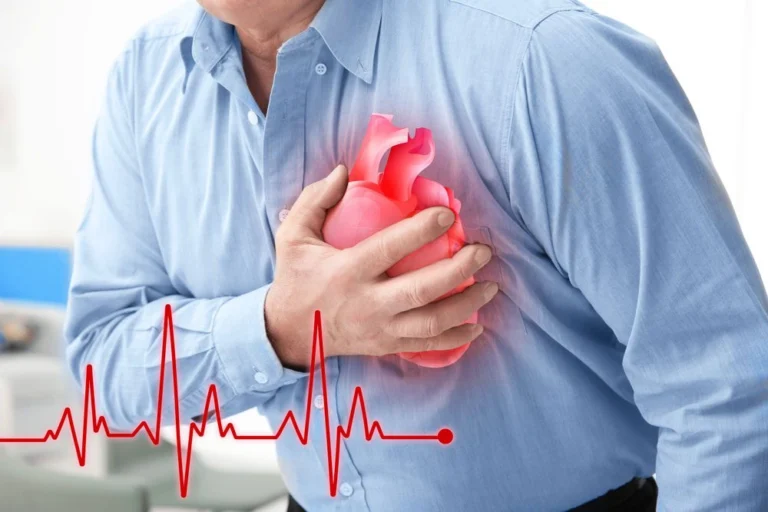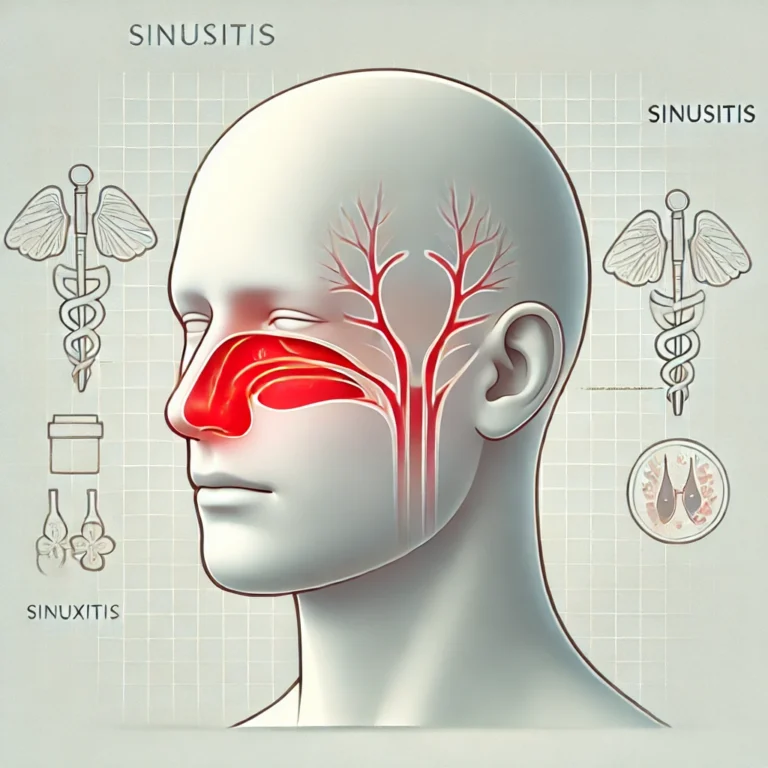What is Urology?

Urology is a medical specialty focused on the urinary tract and male reproductive system. Urologists diagnose and treat kidney, bladder, prostate, and urinary disorders. These conditions can affect both men and women, impacting overall health and quality of life.
🚑 Common urological conditions include kidney stones, urinary tract infections (UTIs), prostate disorders, and incontinence. Understanding their symptoms, causes, and treatments can help in early diagnosis and better management.
Common Urological Conditions and Their Symptoms
1️⃣ Urinary Tract Infections (UTIs)
UTIs occur when bacteria enter the urinary tract, causing infection. They are more common in women but can affect men as well.
🔍 Symptoms:
✔ Frequent urge to urinate
✔ Burning sensation while urinating
✔ Cloudy or strong-smelling urine
✔ Lower abdominal pain
💊 Treatment:
- Antibiotics prescribed by a doctor
- Drinking plenty of water to flush out bacteria
- Cranberry juice may help prevent UTIs
2️⃣ Kidney Stones
Kidney stones are hard mineral deposits that form in the kidneys and can cause severe pain.
🔍 Symptoms:
✔ Intense pain in the lower back or side
✔ Blood in urine
✔ Nausea and vomiting
✔ Difficulty urinating
💊 Treatment:
- Pain management with medication
- Drinking more fluids to pass the stone naturally
- Medical procedures like lithotripsy (shock wave treatment) if the stone is too large
3️⃣ Prostate Disorders (BPH & Prostatitis)
The prostate is a small gland in men that can enlarge with age, leading to benign prostatic hyperplasia (BPH) or become inflamed (prostatitis).
🔍 Symptoms:
✔ Frequent urination, especially at night
✔ Weak urine flow
✔ Difficulty starting or stopping urination
✔ Pain in the pelvic area (prostatitis)
💊 Treatment:
- Medications to shrink the prostate
- Lifestyle changes like reducing caffeine and alcohol
- Surgery for severe cases
4️⃣ Urinary Incontinence
Urinary incontinence is the loss of bladder control, leading to involuntary leakage of urine.
🔍 Symptoms:
✔ Sudden, uncontrollable urge to urinate
✔ Leakage when coughing, sneezing, or laughing
✔ Frequent urination, especially at night
💊 Treatment:
- Pelvic floor exercises (Kegels)
- Medications to improve bladder control
- Surgical options in severe cases
Prevention Tips for Urological Health
✅ Drink enough water (at least 8 glasses per day)
✅ Maintain a healthy diet rich in fiber and low in processed foods
✅ Avoid excessive caffeine and alcohol, which can irritate the bladder
✅ Practice good hygiene to prevent UTIs
✅ Regular check-ups with a urologist, especially for men over 50


